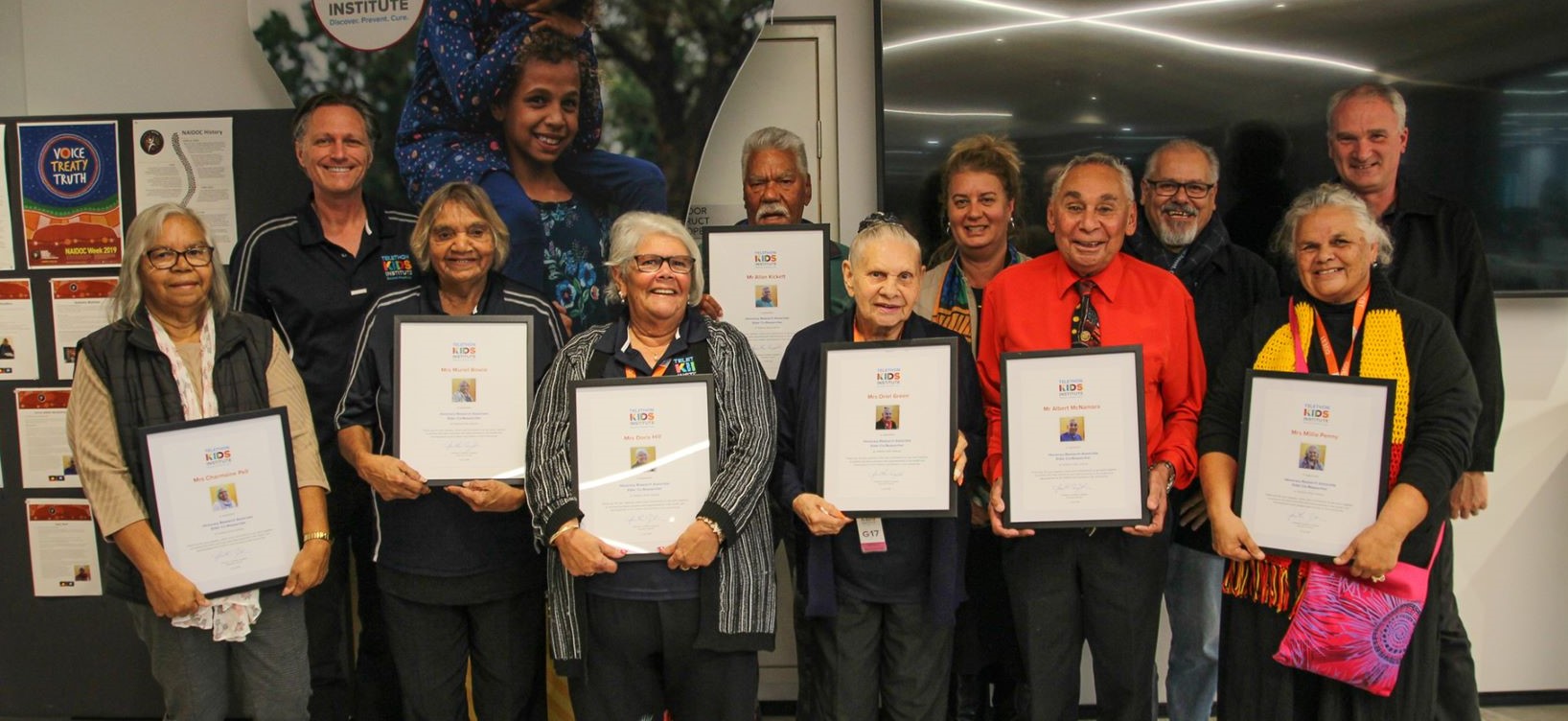Search
Showing results for "early life"
Research
Biodiesel exhaust-induced cytotoxicity and proinflammatory mediator production in human airway epithelial cellsOur results show that canola biodiesel exhaust exposure elicits inflammation and reduces viability of human epithelial cell cultures in vitro when compared...
Research
The relationship between pitch contours in infant-directed speech and early signs of autism in infancyMother-infant interactions during the first year of life are crucial to healthy infant development. The infant-directed speech (IDS), and specifically pitch contours, used by mothers during interactions are associated with infant language and social development.
Research
Low-intensity parent- and clinician-delivered support for young autistic children in Aotearoa New Zealand: a randomised controlled trialAotearoa New Zealand does not provide publicly-funded intensive autism support. While parent-mediated supports are promising, children and families may also benefit from direct clinician support. We tested the efficacy of a low-intensity programme involving parent- and clinician-delivered support for autistic children.

Assessing the virus transmission, immunity development and wellbeing of families during COVID-19
Research
Exploring factors impacting early childhood health among Aboriginal and Torres Strait Islander families and communitiesThe impact of perinatal outcomes, maternal social and health outcomes and level of culturally secure service availability on the health outcomes of Western Australian Aboriginal infants and children
Research
Research Note: Adaptive trialsThis Research Note has explored the strengths, risks and potential complexity of adaptive trials

The Ngulluk Koolunga Ngulluk Koort (Our Children, Our Heart) Project grew out of a bold vision to harness the wisdom of Aboriginal Elders to improve outcomes for Aboriginal children, producing a suite of Elder-led, culturally appropriate and empowering initiatives that are making a difference.
Research
Priority-setting in youth with chronic conditionsAmy Keely Liz Leanne Bec Finlay-Jones Bebbington Davis Fried Sampson BPsych(Hons), MPsych(Clinical), MHealthEcon, PhD (Clin Psych) MClinPsych/PhD
Research
BEAT-CF: Bayesian Evidence-Adaptive Tool to optimise management of Cystic FibrosisAn innovative response-adaptive approach to driving improvements in health outcomes, applied to cystic fibrosis.
Research
Do sex hormones at birth predict later-life economic preferences? Evidence from a pregnancy birth cohort study: Hormones at birth and preferencesEconomic preferences may be shaped by exposure to sex hormones around birth. Prior studies of economic preferences and numerous other phenotypic characteristics use digit ratios (2D : 4D), a purported proxy for prenatal testosterone exposure, whose validity has recently been questioned. We use direct measures of neonatal sex hormones (testosterone and oestrogen), measured from umbilical cord blood (n = 200) to investigate their association with later-life economic preferences (risk preferences, competitiveness, time preferences and social preferences) in an Australian cohort (Raine Study Gen2).
